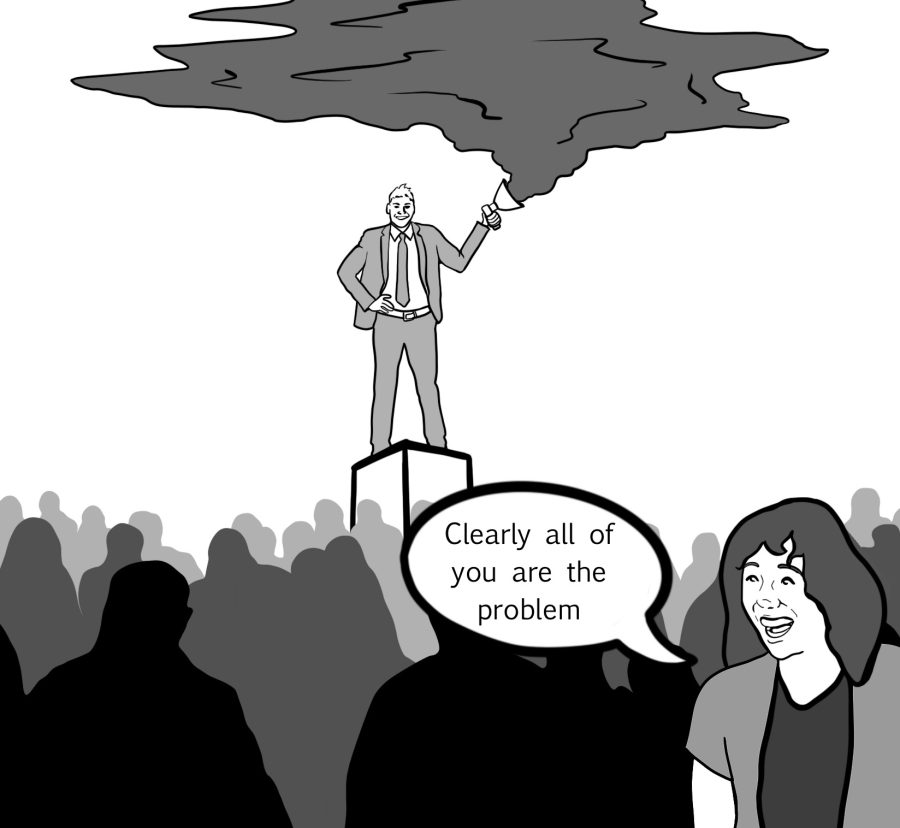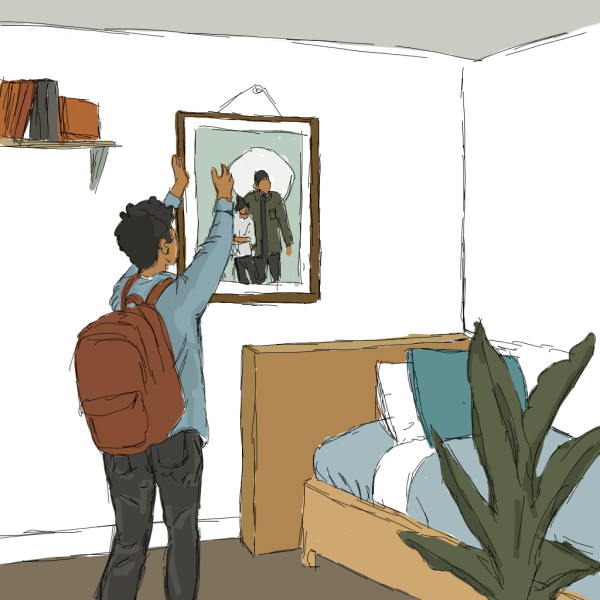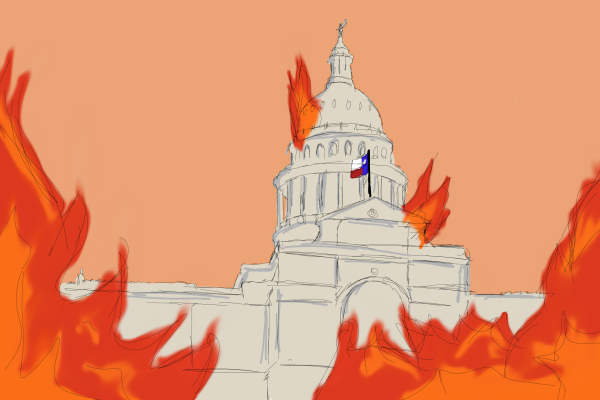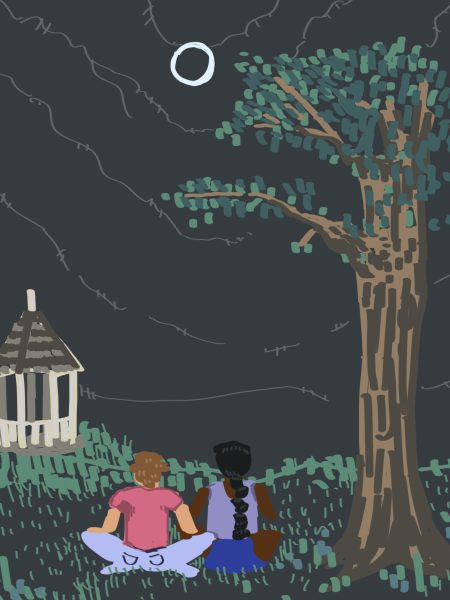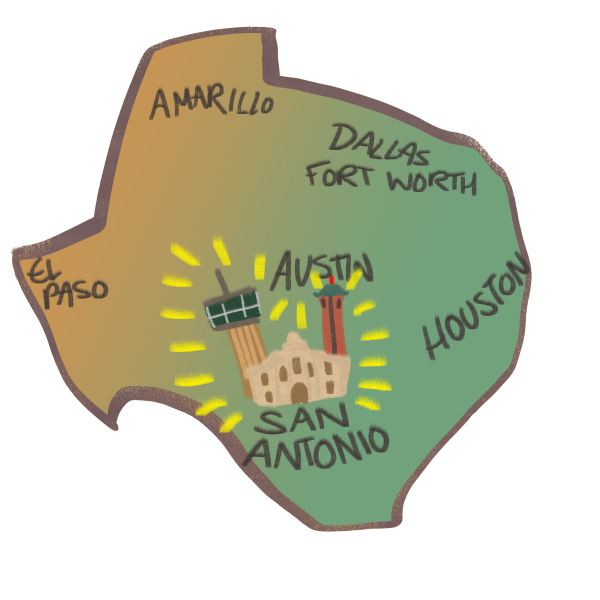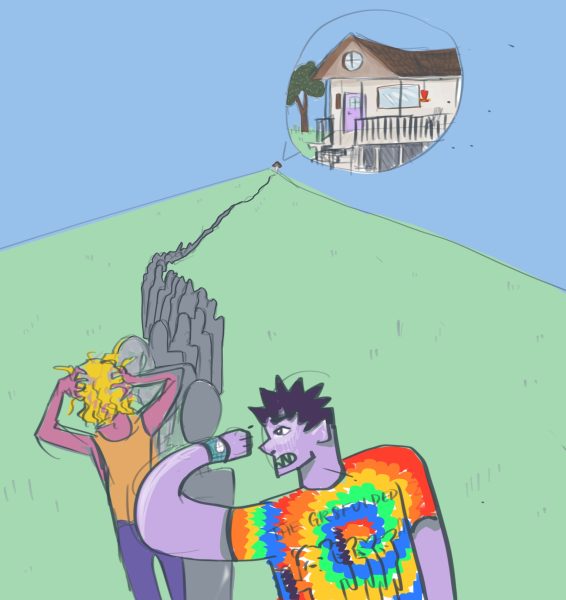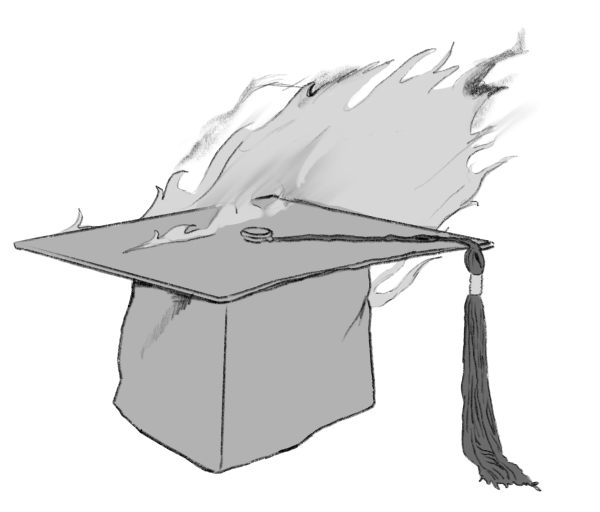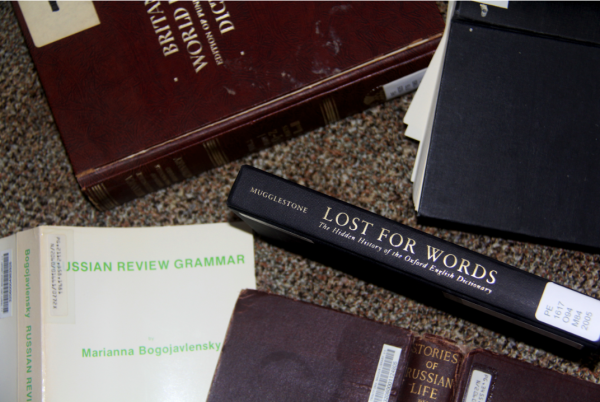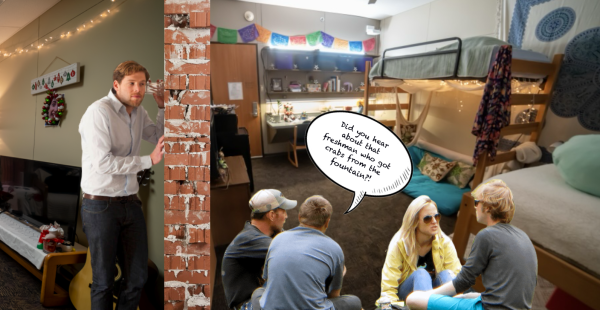Humans are not inherently bad
It’s easy to be pessimistic about humanity, but it’s also unproductive
If you are a human who has existed on this planet at practically any point in history, you have probably heard someone insinuate that humans are inherently evil or harmful.
This notion has been the subject of some of humanity’s most influential political philosophies, such as the writings of Thomas Hobbes and Niccolò Machiavelli. It has also served as a justification for brutal political systems and tactics through the insinuation that our species is brutish and needs to be controlled.
Beyond that, many people respond to the climate emergency and other environmental crises with this sort of pessimism. It is not uncommon now to hear people say that we are a virus or a cancer that Earth would be much better off without.
While these sentiments are understandable given the themes of human history, I would like to give a pop quiz to readers of the Trinitonian. Have you signed any deals recently that will cause 600 million barrels of oil to be extracted from Alaska? Have you ever spearheaded a brutal colonization effort that helped facilitate the subjugation of an entire continent? Have you ever led an invasion so horrific that it changed the course of history and set a historical precedent for global superpowers for millennia?
If you answered no to all three questions, then you, like the vast majority of humanity, are probably not primarily responsible for the biggest problems our species has caused for ourselves and the planet at large.
Granted, all of us should be aware of how oppression affects our lives and behavior throughout history and in the modern day. Humans are susceptible to manipulation by the very people who committed the atrocities I listed, and many of us materially and socially benefit from the horrible things they did.
Nonetheless, the fact that the most prevalent evils of humanity throughout history can be attributed to such a tiny percentage of us is why the idea of us being inherently evil is so ridiculous to me.
Your interpersonal relationships probably have already provided you with the intuition that humans are complicated and that there is good and bad in all of us. The same can be said of essentially every species on the planet, and we have every right to be here just like any of them.
As such, I find that a pessimistic view of humanity is, at best, unproductive and, at worst, plays directly into the hands of oppression and inaction. Recognizing ourselves as the complicated and often beautiful creatures we are is the only way that anything will get better because that idea counters the systems that got us here in the first place.
The world’s predominant political and economic systems rely on the idea that people are in need of perpetual fear to contribute to society. Climate change specifically can be attributed to the greed of the fraction who exploit these systems for their own gain and cause consequences they will never personally have to deal with.
For humanity to thrive, we need to rethink our nature and redesign our systems upon a framework of compassion. Rather than accepting our most negative tendencies as inevitable and allowing them to run rampant, we should strive to create a world that incentivizes good. We have the capacity to eliminate the necessity for greed and violence on a structural level, and working to that end is infinitely more beneficial than viewing ourselves as parasites.
When you meet a new person, I hazard to guess you probably do not immediately assume the worst of them. You likely recognize that every person has the potential to be good, and that precedent has shown that most people you have met have been good on some level.
Ultimately, the only thing I implore you to do is to apply that same logic to all the people in the world who you will never meet. If you do that, I think you will find that our species has a lot more merit than we often give ourselves credit for.
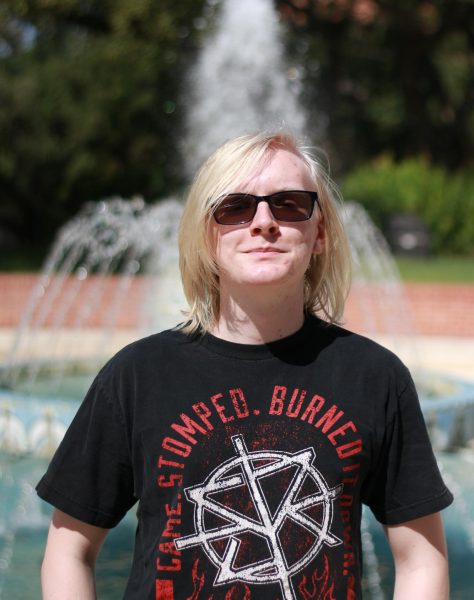
I’m Colin Houston (they/them), and I’m a junior political science major and an opinion columnist/copy editor for the Trinitonian. I’m also...

